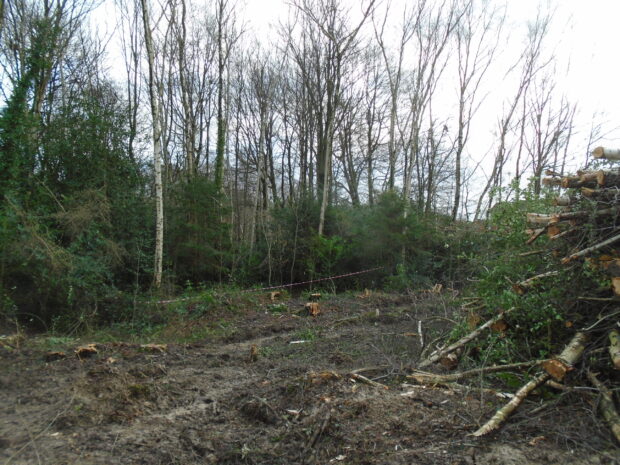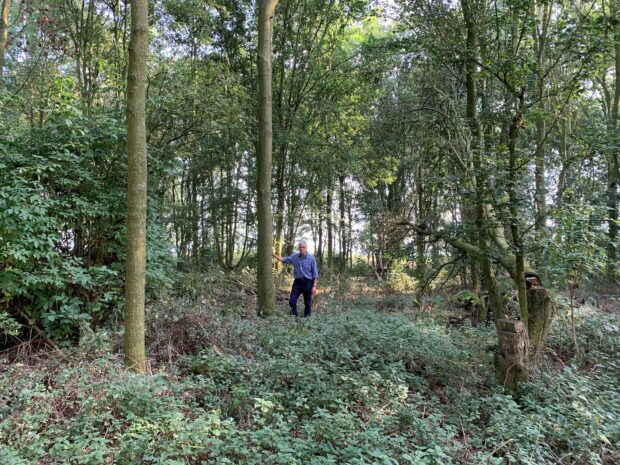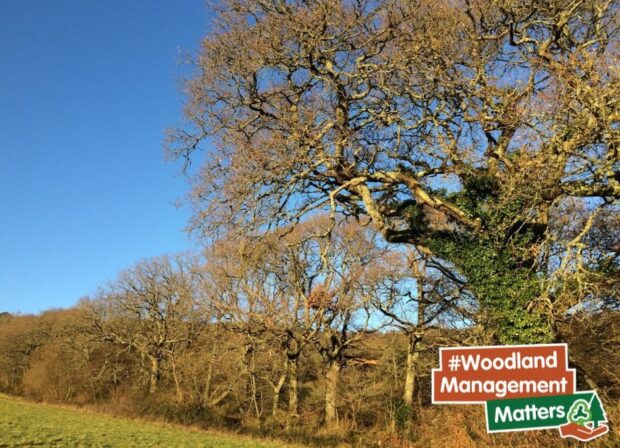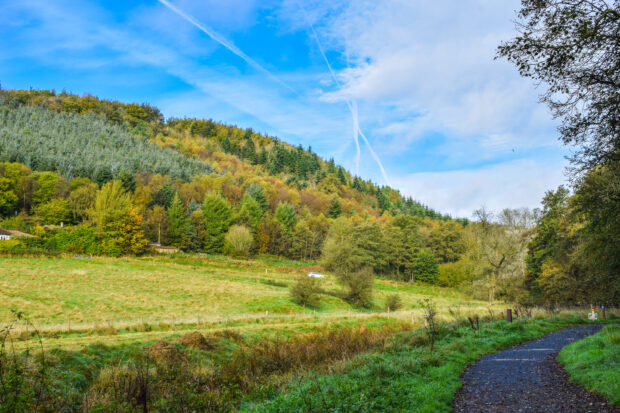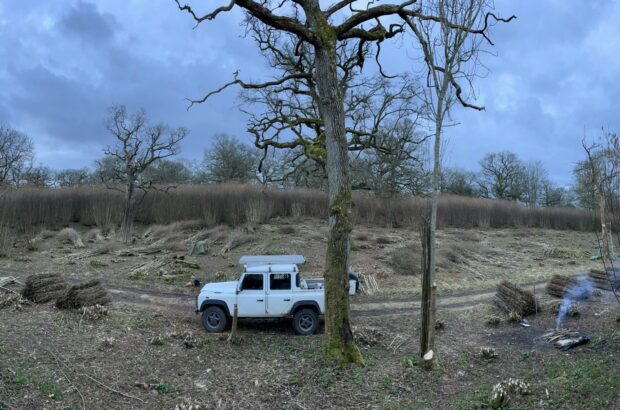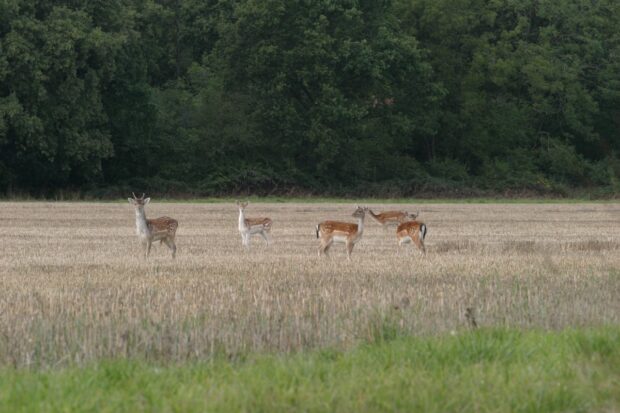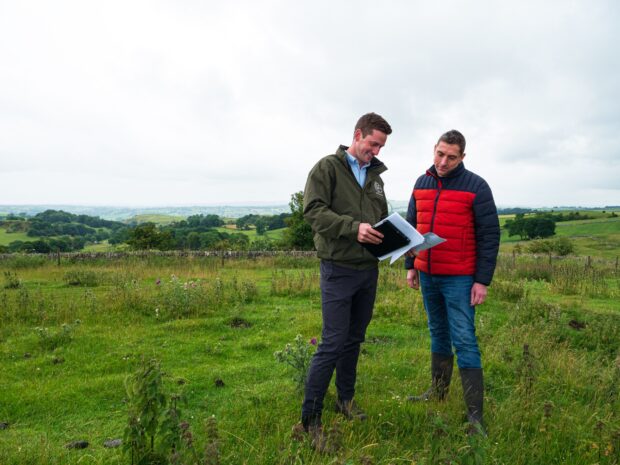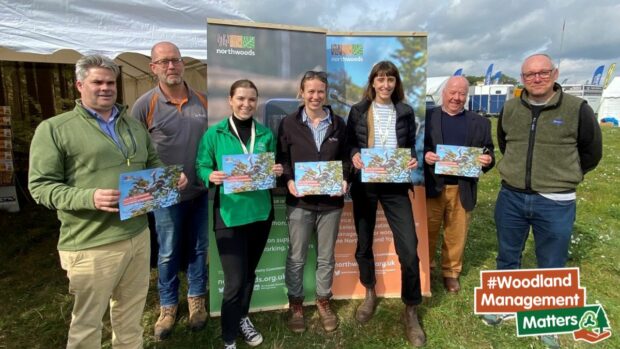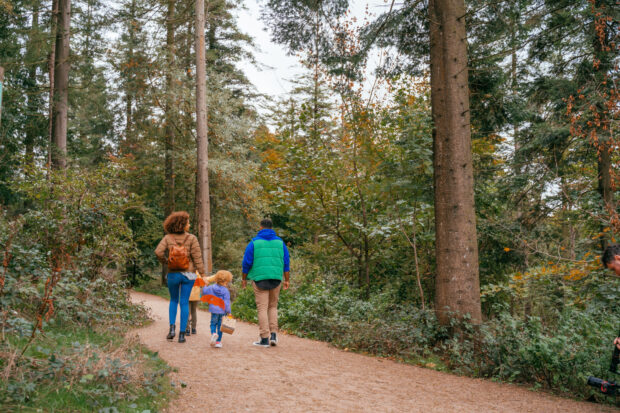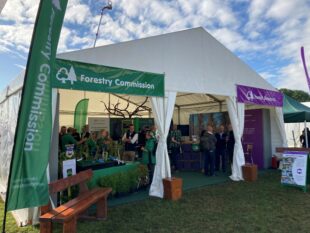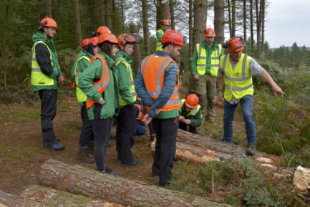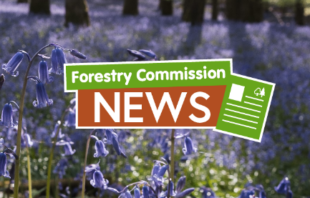Woodland management
Amanda Newsome, Biodiversity Net Gain advisor at the Forestry Commission, talks about the introduction of this ambitious new government policy and some of the benefits it can bring for England’s trees and woodlands.
Jonathan Tizzard, an Enforcement Investigator for the Forestry Commission, talks about the first ever Restocking Order after conviction as a Magistrates Court orders a landowner to replant a site of illegal felling.
Hugh Dorrington has been involved in tree supply and woodland planting since 1980. In this blog, he discusses his experience with girdling at Bullens Wood.
Kate Tobin, our Nature Recovery Policy Advisor, talks about the importance of managing our woodlands to support nature recovery and increase wider benefits.
Sir William Worsley is Chair of the Forestry Commission. In this blog he looks at why we are calling on the public to Grow a Tree in 2023.
Tom Pattinson, Woodland Officer for the Forestry Commission, explains the fundamentals of coppicing and the opportunities for its use within our native woodlands.
This British Game Week David Hooton, Deer Officer for the Forestry Commission, looks at the impact of deer on woodland and the importance of the British Quality Wild Venison Standard launched earlier this year.
The PIES project aims to support landowners in bringing existing woodland back into management and to support woodland creation projects. Here Dr Gabriel Hemery explans more.
Rosanna Curtis, Project Manager for the Northwoods Innovation Programme, talks about how they are supporting innovation to help woodland owners to actively manage their woodlands.
We've published our new corporate strategy setting out how we will deliver, for the environment, for the economy and for society, Richard Stanford, Chief Executive of the Forestry Commission, explains more.

